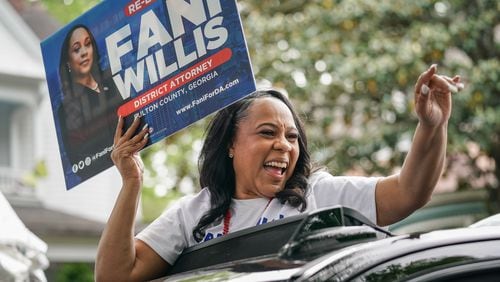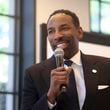Data dribbling out of the Census Bureau helps explain what’s going on with the local housing market.
While it’s national information, the numbers shed light on the metro Atlanta housing market’s on-again, off-again recovery from the worst-ever collapse of residential real estate.
In recent days, the Census Bureau has released several relevant reports showing that the recession not only crushed demand for homes, it left a long – and potentially permanent imprint – on the first-time homebuyers needed for a healthy market.
And for those concerned with rejuvenating metro Atlanta’s market, it is the lingering impact that is most troubling.
Atlanta, among the nation’s leaders in the building frenzy of a decade ago, was among the last regions to see the bubble burst. After its peak in 2007, metro Atlanta saw a plunge in sales, prices and construction of new homes.
It took nearly five years for a modest rebound to get underway.
Even now, the recovery seems to be much weaker than might have been expected given how many jobs have been added and how much the population has grown – especially in the age brackets where people have historically settled down and bought their first home.
That number was expected to outpace the number of baby boomers leaving homeownership behind. It has not.
The result in Atlanta is that the strongest demand has been limited to a relatively few areas – mostly in-town neighborhoods and northern suburbs. Meanwhile, the supply of homes for sale has also been low.
Among the Census Bureau’s releases in recent days:
— Among households headed by people aged 30 to 34, homeownership fell in the second quarter of 2015 to an all-time low of 45.2 percent.
In previous decades, homeownership in that group was above 50 percent.
The continued slide could be a game-changer, demographer Cheryl Russell wrote on her blog, Demo Memo. “In the second quarter of 2011, the rate fell below 50 percent for the first time. In the past year, the homeownership rate of the age group fell 1.3 percentage points. Is this the bottom for the age group? Only time will tell.”
The median age of first-time home buyers is now nearly 33. In the late 1970s and early 1980s, it was less than 30, according to an analysis by Zillow, a Seattle-based real estate data firm.
The average income for current buyers is – adjusted for inflation – about the same as it was in the 1970s. But back then, homes on average cost a first-time homebuyer 1.7 times their annual income. That average is now 2.6 times income, Zillow calculated.
First-time buyers rent for an average of six years before leaping into home ownership, according to Zillow. In the 1970s, rented for an average of 2.6 years before buying.
“Millennials are delaying all kinds of major life decisions, like getting married and having kids, so it makes sense that they would also delay buying a home,” said Svenja Gudell, Zillow chief economist.
— Young adults aged 25 to 34 are less likely to live independently than the same-age cohort was before the recession.
Those with college degrees are more likely to live on their own, according to Russell. “Regardless of education, the figures are lower in 2015 than in 2007.”
While there are debates about cultural shifts, money accounts for much of the change: Adjusted for inflation, median weekly earnings for 25-to-34-year-olds now are below pre-recession levels.
— Perhaps as a result of the other factors, there are far fewer people even in the housing market now, according to the Census Bureau.
In the past five years, while the population was growing, the number of renters has increased by nearly 6 million. The number of homeowners has dropped by 328,000.
About the Author





